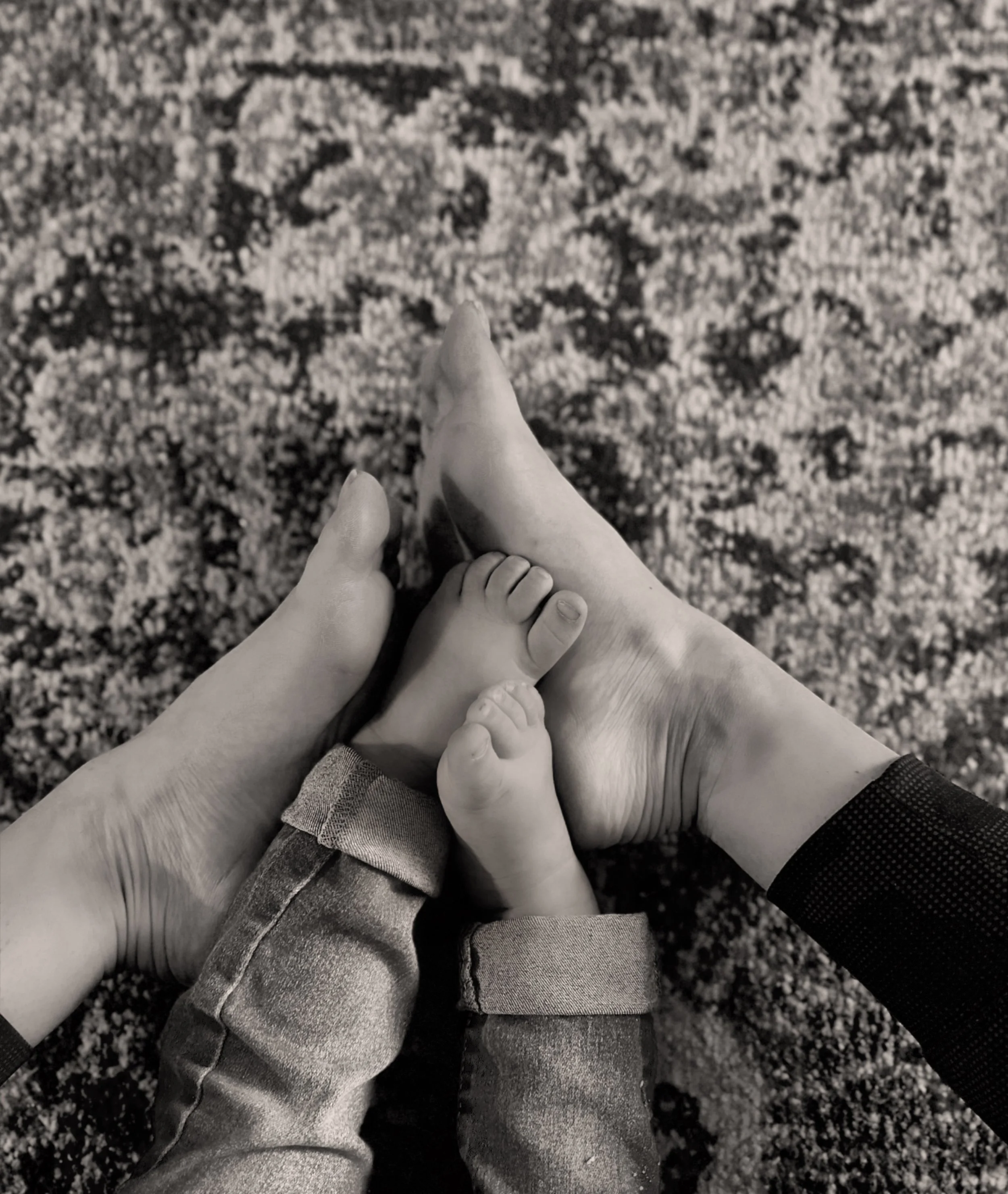The Fourth Trimester
During a pregnancy, we measure and evaluate developmental changes for baby and carrier in order to track baby's progress and to ensure overall healthy development of the baby. We measure their development according to a couple different timelines and a series of events that mark milestones; hearing a heartbeat, feeling baby kick, seeing their hands and face in an ultrasound.
Something that is often overlooked, however, is the 12 weeks of developmental changes that follow the baby’s birth. This period of time is referred to as the fourth trimester. The fourth trimester has equally unique and significant developmental milestones for both baby and mother. This trimester has many similarities to the first-third trimesters in that baby and mother are connected physically and emotionally.
Physically, baby yearns for mom’s warmth and the pulse of movement inside her body; her blood rushing, her heart beating, her breath in and out. Baby also depends on the mother’s body as it provides nourishment. The outside world is scary for baby and brings with it noises and movements, smells and sounds, that baby has to adjust to, a world not very similar to the one they became accustomed to for the last nine months. They find their familiar world in their mother’s arms, cuddled up to her chest, in the hands that rub their back and in the neck that they nestle into.
Mother’s experience in the fourth trimester is one equally fragile and vulnerable. Following baby’s birth, women may struggle to breastfeed, may return to work prematurely, possibly do not eat enough and lack the sleep required to sustain the needs of a day. They may be in recovery from a difficult delivery. They may be without help and support among a collection of other physical postpartum challenges.
The most fragile of challenges outside of the physical includes struggles with mental health, being isolated from community and feeling a heavy loss of self.
Discussing the fourth trimester with your loved ones is important for healthy postpartum recovery and resettlement into a new and challenging life. Reach out to those in your life that are in the trenches of postpartum; give them a call, drop off a meal, offer to watch baby to allow them time to shower, ask if you can do some chores around the house while they spend time with their little one.
Baby’s needs are extensive after birth. And so our a mother’s.
Hailey Scot, January 2024
